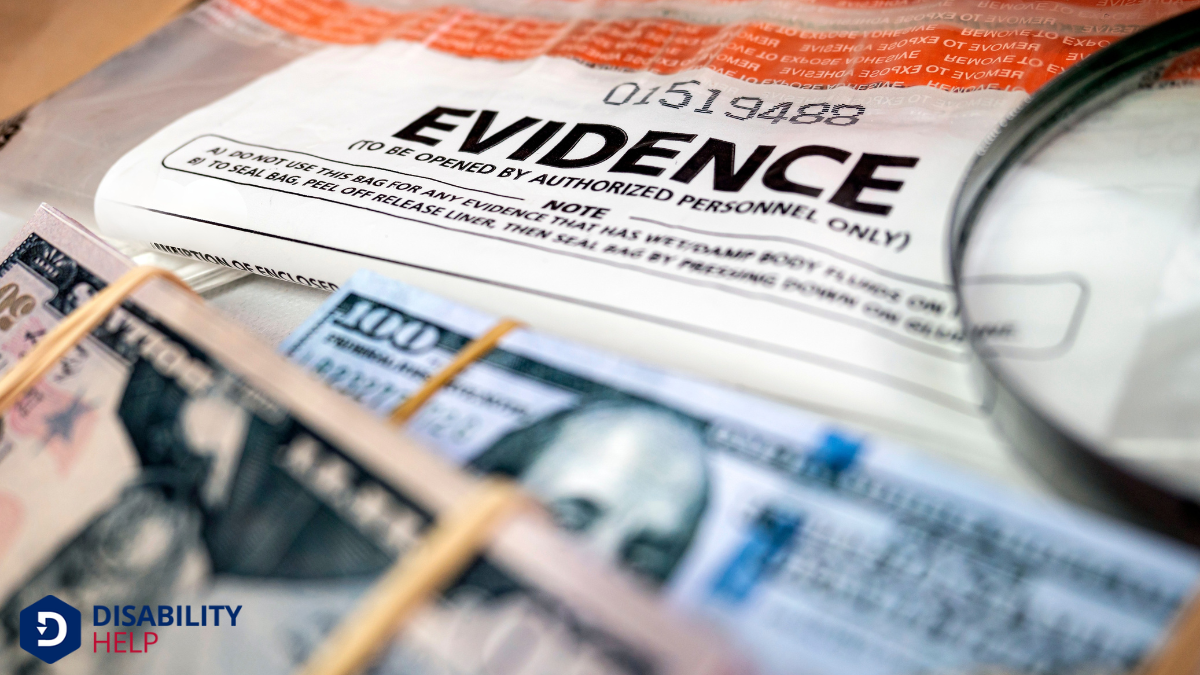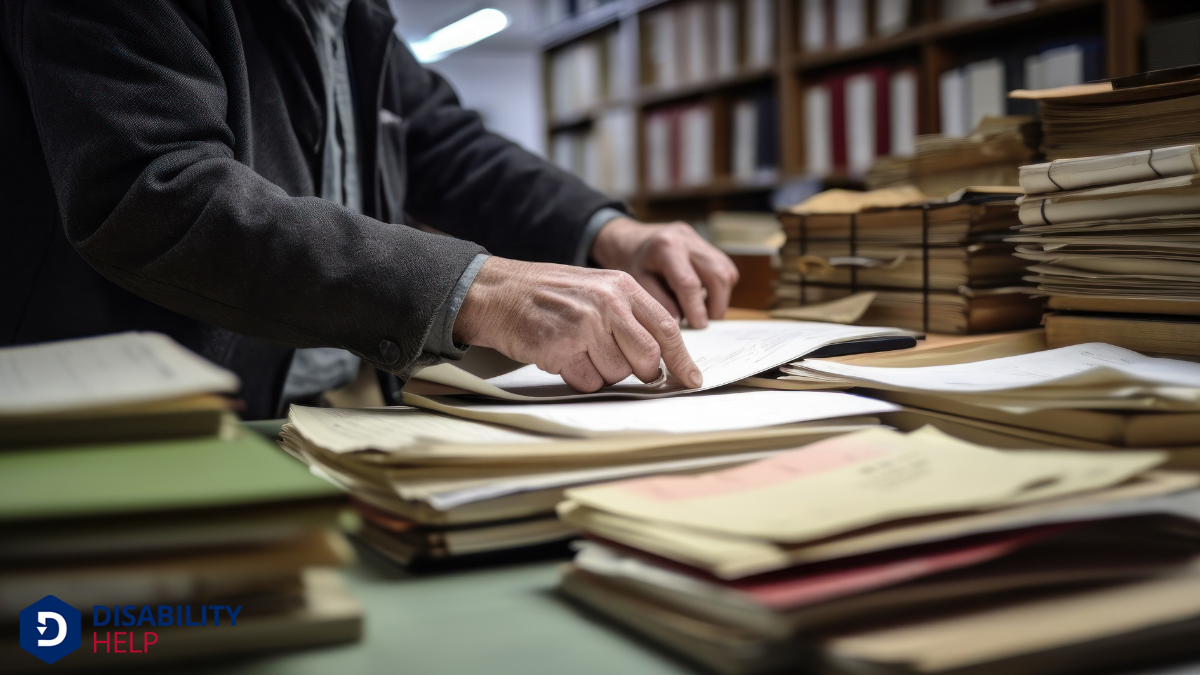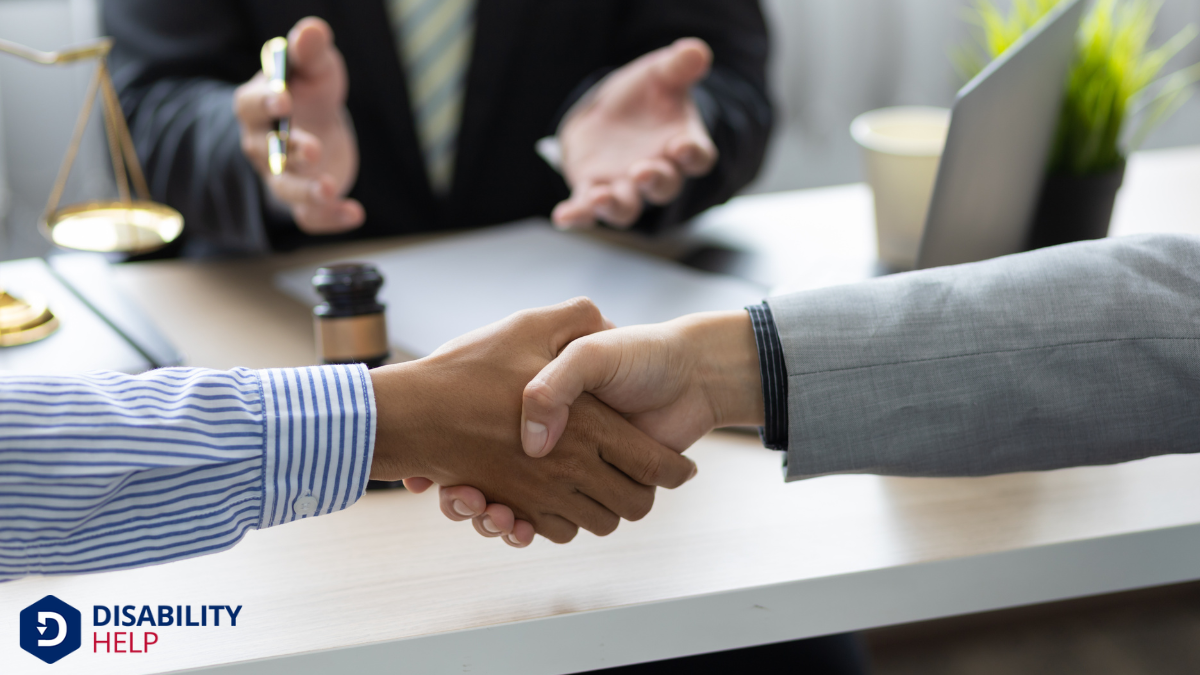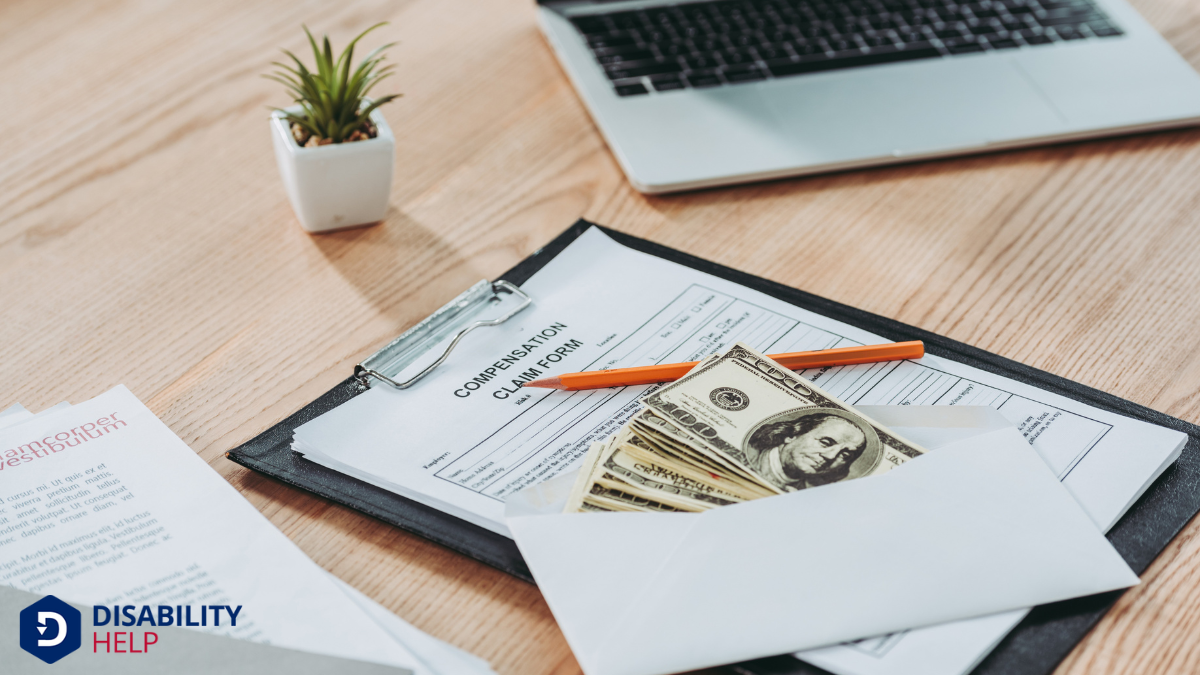When we begin the journey of a personal injury claim, we often wonder how long it might take to reach a resolution. The timeline can vary considerably depending on the complexity of the case and the route we choose for resolution. How do factors like evidence collection, medical treatment, and negotiation affect this timing? Let’s explore the steps involved and uncover what influences the duration of a personal injury claim.
Key Takeaways
- Personal injury claims can take months to years, influenced by case complexity and involved parties.
- Alternative Dispute Resolution often leads to quicker resolutions than traditional court trials.
- Gathering evidence and medical treatment are crucial early steps that can affect timeline length.
- Discovery phase and trial preparation significantly extend the claim's duration.
- Administrative processes and compensation distribution add time after a verdict is reached.
Initial Consultation and Case Evaluation
During our initial consultation and case evaluation, we’ll explore the details of your situation to assess the viability of your personal injury claim.
It's essential we grasp every aspect, from the incident specifics to the impact on your life. We’ll discuss the accident circumstances, the parties involved, and any injuries or damages sustained. This meeting is our opportunity to listen, ask clarifying questions, and provide initial feedback on your claim's potential.
Our goal is to guarantee you leave this consultation with a clear understanding of the process ahead.
We'll outline next steps and answer any questions you might have. Together, we'll determine the best course of action. This initial phase sets the foundation for pursuing the justice and compensation you deserve.
Investigation and Gathering of Evidence

Having laid the groundwork in our initial consultation, we now focus on investigation and gathering evidence. This stage is vital because the strength of our case depends on the quality of evidence we collect.
We'll gather documents like police reports, witness statements, and photographs of the scene to establish facts. Our task includes identifying any CCTV footage or expert opinions that can bolster our claim.
It's important we act promptly to guarantee evidence isn’t lost or becomes less reliable over time. We may also interview witnesses to record their accounts while memories are fresh.
Let's stay organized and diligent, maintaining open communication throughout this process. Together, we'll build a solid foundation to support our personal injury claim effectively.
Medical Treatment and Recovery Period
When we think about making a personal injury claim, the medical treatment and recovery period play an essential role.
We'll need an initial medical assessment to understand the extent of injuries and the necessary steps for rehabilitationThe process of helping individuals with disabilities achieve and maintain their optimal physical, se....
Follow-up appointments guarantee we track progress and adjust treatment plans as needed, impacting both recovery time and the claim process.
Initial Medical Assessment
Before diving into the details of filing a personal injury claim, let’s focus on the essential step of undergoing an initial medical assessment. This step is vital because it guarantees that we accurately understand the extent of our injuries and receive the appropriate treatment.
A thorough assessment by a medical professional provides a clear picture of our physical condition, forming a foundation for the claim process. It also helps document our injuries, which is necessary for the claim.
We shouldn’t delay this step, as timely medical attention prevents complications and strengthens our case. By prioritizing our health and well-being, we align our recovery with the legal process.
Let’s remember, the sooner we address our injuries, the more effective our claim will be.
Rehabilitation and Follow-Up
After the initial medical assessment, the next step in our journey toward recovery is rehabilitation and follow-up. This phase is essential as it directly affects how well and how swiftly we heal.
We might work with physical therapists, occupational therapists, or other specialists to address our specific needs. Each session aims to restore our strength, flexibility, and overall well-being.
It’s important to stay committed to the prescribed exercises and treatments, even when progress feels slow. Regular follow-up appointments help us monitor our recovery and adjust our rehabilitation plan if necessary.
These check-ins guarantee we’re on the right track and help prevent potential setbacks. Let’s remember, a steady pace and patience are key to steering through this recovery stage effectively.
Filing the Claim and Notifying the Defendant

As we commence the process of filing a personal injury claim, it’s crucial to understand the steps involved in notifying the defendant. This stage guarantees that the defendant is officially aware of the claim and provides them with an opportunity to respond.
Together, we'll outline the key actions we need to take:
- Prepare the complaint: Draft a clear and concise document detailing the nature and basis of the claim.
- File the complaint: Submit it to the appropriate court to initiate the legal process.
- Serve the defendant: Confirm they're formally notified with a copy of the complaint.
- Await acknowledgment: The defendant must confirm receipt of the complaint.
- Monitor deadlines: Keep track of any legal deadlines for responses.
With these steps, we guarantee a solid foundation for our claim.
Discovery Phase and Information Exchange
Once we've filed the claim and notified the defendant, the discovery phase begins, marking a crucial part of the personal injury claim process. During this phase, both parties exchange essential information to build their cases.
We’ll gather evidence such as medical records, witness statements, and expert opinions. This transparency guarantees that both sides understand the facts and can assess the claim’s validity.
We might also participate in depositions, where attorneys ask questions under oath. These sessions help clarify details and establish what witnesses and parties know.
It’s important to be prepared and honest, as discovery shapes the case’s direction. By understanding each other’s arguments and evidence, we can effectively assess the strength of our case and anticipate possible challenges.
Negotiation and Settlement Discussions
Now that we've gathered the necessary information, it's time to contemplate how long negotiations might take and the factors that can impact a settlement.
We'll explore what influences these discussions, such as the complexity of the case and the willingness of both parties to compromise.
Understanding these elements will help us better navigate the negotiation process and anticipate a timeline for resolution.
Timeline of Negotiations
Maneuvering the timeline of negotiations in a personal injury claim can be both intricate and pivotal to the outcome.
As we engage in this process, understanding the key stages helps us navigate more effectively. Typically, negotiations begin after we've gathered all necessary evidence and documentation.
Here’s what we often experience:
- Initial Offer: The insurance company presents a starting point, usually on the lower side.
- Counteroffer: We respond with a figure that reflects the claim's true value.
- Back-and-Forth Discussions: Multiple rounds can occur as both parties negotiate.
- Mediation: Sometimes, a neutral third party helps facilitate an agreement.
- Settlement Agreement: Once both sides agree, we finalize the terms.
Factors Influencing Settlement
Several factors can greatly influence the settlement of a personal injury claim, affecting both the timeline and the final compensation.
First, the severity of our injuries plays a vital role. More serious injuries often lead to higher settlements but might take longer to resolve due to the need for thorough medical evaluations.
Next, the clarity of liability impacts negotiations. If it's clear who’s at fault, our claim is likely to settle faster.
Additionally, the insurance companies' willingness to negotiate can either speed up or delay the process. Their initial offers might be low, requiring us to engage in back-and-forth discussions.
Finally, our legal representation's experience and strategy are essential. A skilled attorney can effectively advocate for a fair settlement.
Mediation and Alternative Dispute Resolution

When we consider resolving personal injury claims outside the courtroom, mediation and alternative dispute resolution (ADR) emerge as effective approaches. They offer a structured way to settle disputes without the lengthy court process.
In mediation, a neutral third party helps both sides reach an agreement. ADR encompasses various methods, each with its advantages.
Here’s why we might choose these options:
- Time Efficiency: Faster resolution compared to going to trial.
- Cost-Effective: Generally less expensive than a court case.
- Flexibility: Allows for creative solutions tailored to our needs.
- Confidentiality: Keeps proceedings private, unlike public court trials.
- Control: We've more say in the outcome, rather than leaving it to a judge.
Exploring these avenues can streamline our claim process effectively.
Preparing for Trial if Necessary
While pursuing a personal injury claim, we might find ourselves preparing for trial if a settlement isn’t reached. This stage requires thorough preparation and understanding.
First, we’ll gather all necessary documentation, including medical records, accident reports, and any evidence supporting our claim. We’ll work closely with our attorney to build a strong case, identifying key witnesses and developing a clear strategy.
Next, we’ll familiarize ourselves with the trial process. Our attorney will guide us through potential questions and prepare us for courtroom procedures.
It’s vital to stay organized and maintain open communication with our legal team. Although preparing for trial can be intimidating, it’s an essential step to guarantee our case is presented effectively and our interests are protected.
Court Proceedings and Trial Process
As we enter the court proceedings and trial process, understanding each step is essential to guarantee our case is presented effectively.
Steering through this phase can be complex, so knowing what to expect helps us stay prepared and confident.
Here’s a breakdown of the key stages involved:
- Pleadings: We’ll file formal documents to outline our claims and defenses.
- Discovery: Both parties exchange evidence and information related to the case.
- Pre-trial motions: We might address issues that could simplify or resolve parts of the case before trial.
- Trial: A judge or jury examines the evidence to determine the outcome.
- Verdict: The final decision is made, concluding the trial process.
Receiving Compensation and Finalizing the Claim

After the trial concludes with a verdict, we move on to the essential phase of receiving compensation and finalizing the claim. This step brings closure and guarantees we're compensated for our losses.
Once the verdict is in, the responsible party usually has a set time frame to pay the awarded amount. Our attorney will help guarantee timely payment and address any delays. It's important to remain patient, as administrative processes can take time.
Once we receive the compensation, we handle any outstanding legal fees or medical expenses.
With everything settled, we can finally put the incident behind us and focus on healing. This journey might've been long, but securing fair compensation brings peace and a sense of justice.
Conclusion
In summary, while personal injury claims can take varying lengths of time, patience and persistence are key. We've seen how each step, from initial consultation to potential court proceedings, requires careful attention and management. By staying informed and working closely with legal professionals, we can navigate the complexities of the process. Ultimately, our goal is to guarantee a fair resolution and receive the compensation we deserve, no matter how long it takes.






